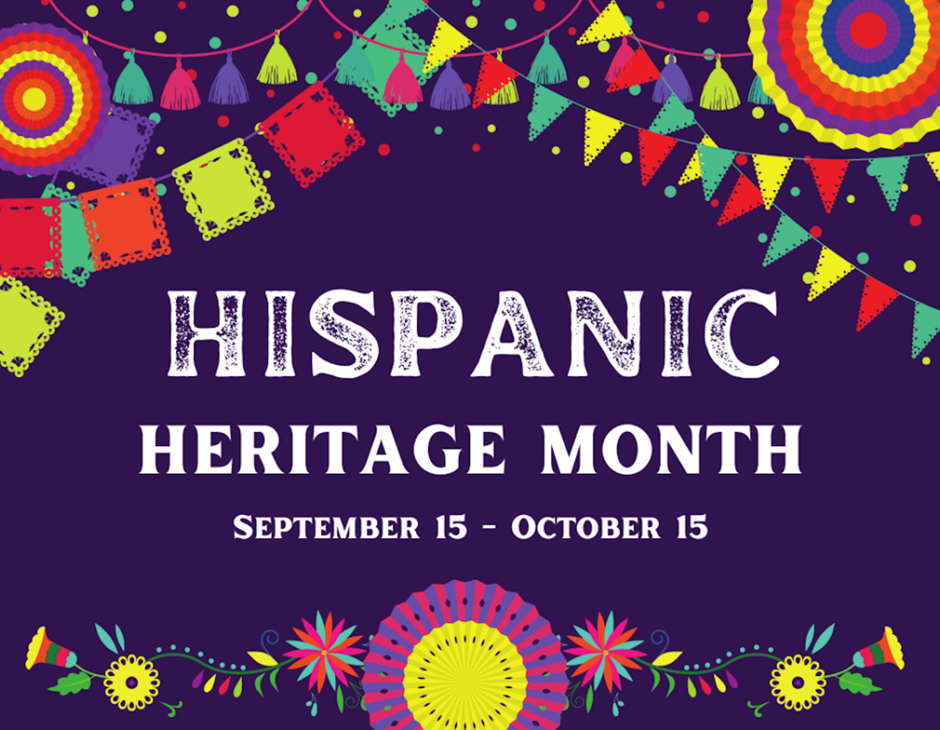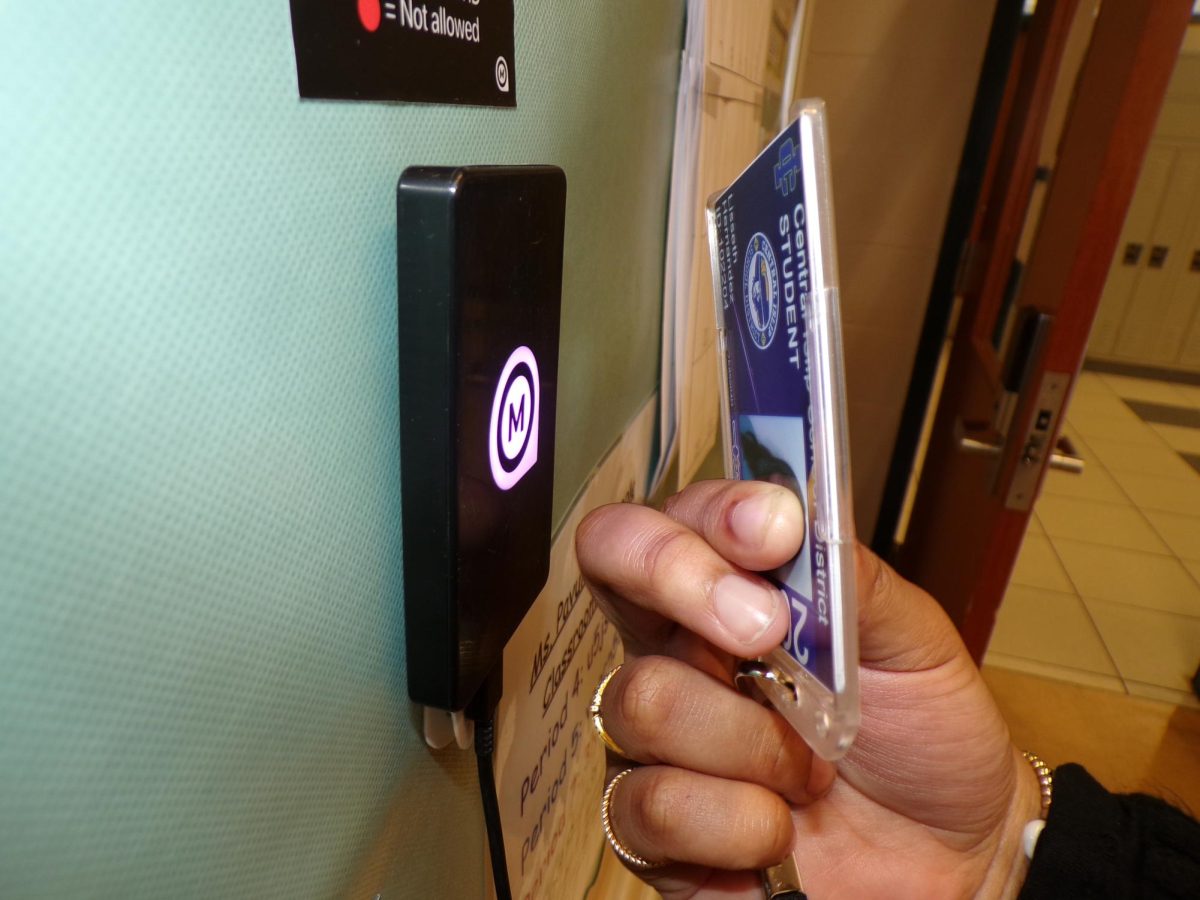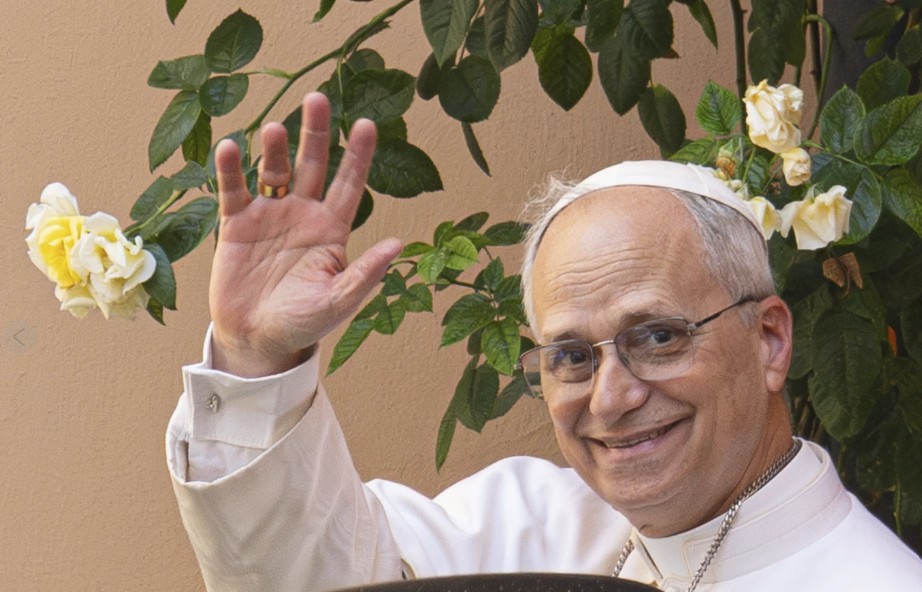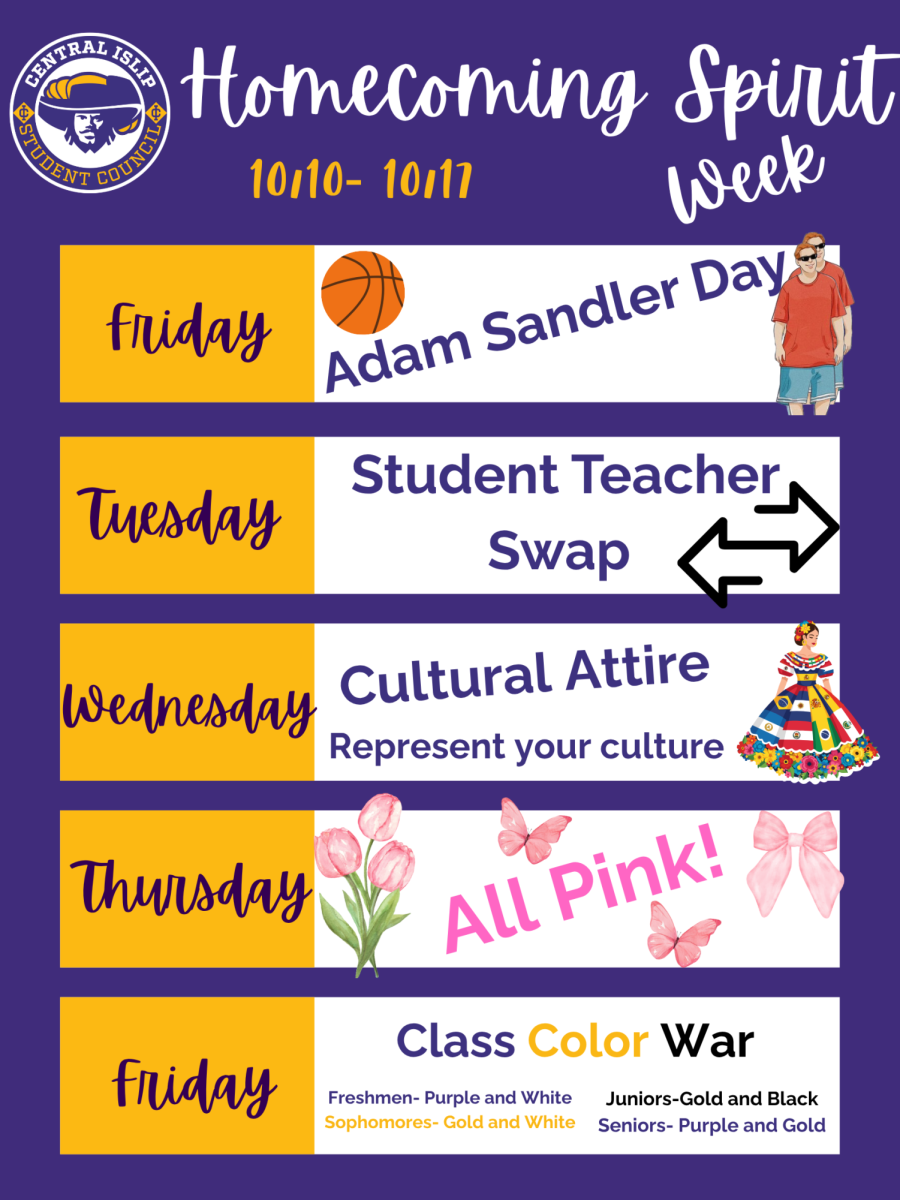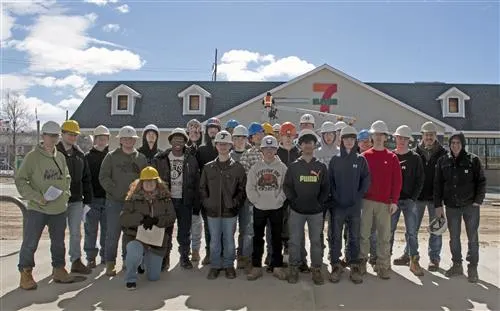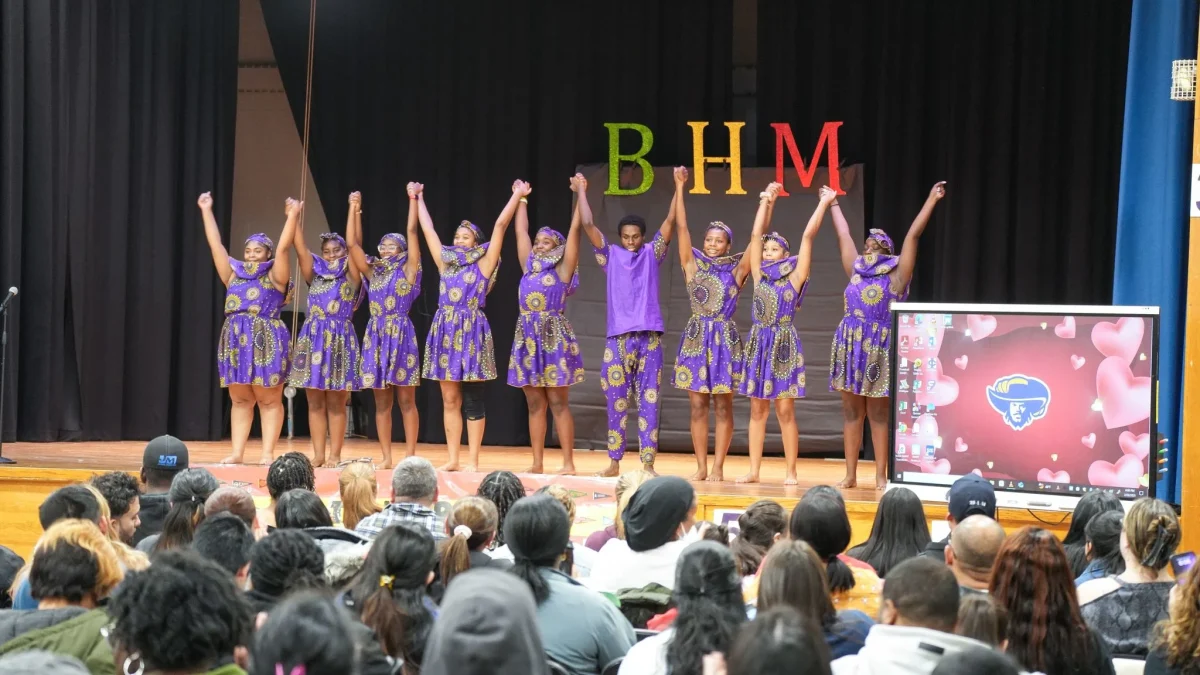All across the nation, we celebrate Hispanic Heritage Month from September 15th to October 15th. It focuses on the way achievements and the contributions of Hispanic Americans influenced the culture, and even the history of America. However, who started it? Why this month?
In 1968 at the end of the civil rights movement, a bill was passed by Californian Congressman, George E. Brown to recognize the contributions of the minority of the population in America. He represented most of the East Los Angeles communities which were predominantly Hispanic. On September 17th, 1968, the Congress passed Public Law 90-498 which states, “The week including September 15 and 16 as “National Hispanic Heritage Week” and calling upon the people of the United States, especially the educational community, to observe such week with appropriate ceremonies and activities.” President Lyndon B. Johnson officially signed this bill on the very same day.
Furthermore, in 1987, Representative of California Estabon T. Torres found that the week became hard to observe, and did not coincide with the independence of many Latin American countries. Therefore, he proposed the expanding of the Hispanic Heritage week into a month, and a year later, Senator Paul Simmons from Illinois proposed a version of Representative Torres’s Bill which passed in Congress and was signed into law by President Regan on August 17th, 1988 which states:
“Joint resolution authorizing the President to proclaim annually the week including September 15 and 16 as ‘National Hispanic Heritage Week’ approved September 17, 1968, is amended… 31-day period beginning September 15 and ending on October 15” – Public Law 100-402
President George W. Bush officially declared Hispanic Heritage Month as 31 days from September 15th, to October 15th.
Each September, we honor the achievements and the traditions of the Latino community like Ellen Ochoa who was the first female Hispanic to go to the moon! Or even Luis von Ahn, who co-invented Duolingo, a language learning app. Still, regardless if you are Hispanic or not, it is necessary to keep traditions, even if it’s the littlest thing you do with your family and friends, and to also have a voice in your community, that no one can judge you from what race, background, or what religion you are. It is important to be strong and share your culture with other people and to be welcoming to other people as well. So let’s continue celebrating the achievements of Hispanic people, try the food, or even listen to the music!


